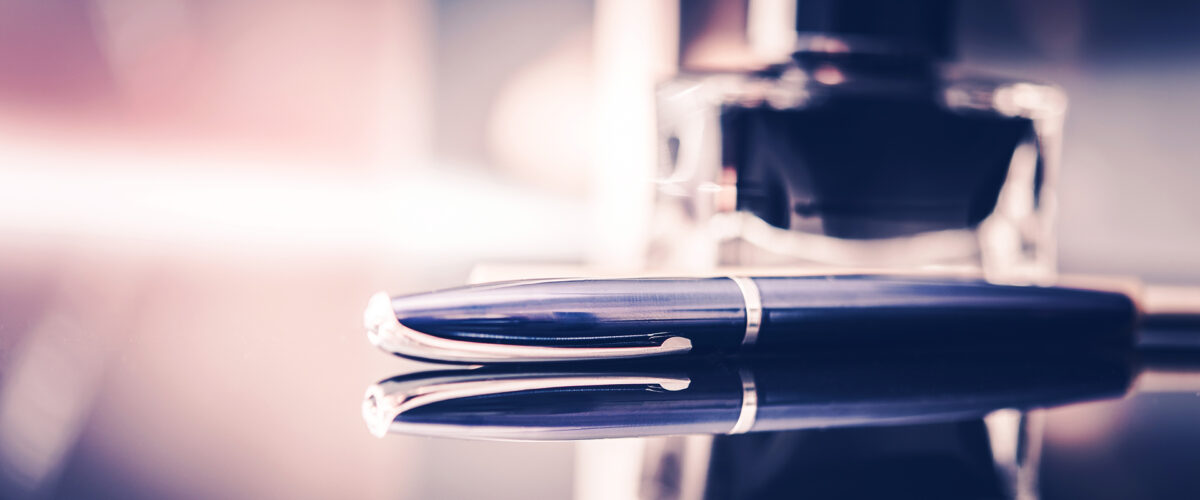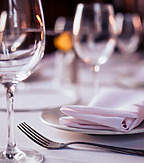Article | 17 May 2017
New rules regarding labelling of alcoholic beverages may be on the way

As background, a declaration of ingredients on pre-packed food products is something consumers nowadays take for granted. In addition to the declaration of ingredients, as of 13 December 2016, food producers are obliged to provide a declaration of nutritional value.
Sweden is known for its fairly rigid regulations regarding the sale of alcohol. However, the rules regarding labelling are in many ways not as strict when it comes to alcoholic beverages as they are for food products. There is nevertheless an obligation in Sweden to inform consumers of allergenic ingredients in alcoholic beverages and the percentage of alcohol by volume. However, neither a declaration of ingredients nor a declaration of nutritional value is currently required on alcoholic beverages.
For wine, beer and spirit-producing companies and wholesalers, it might be of interest that the European Parliament now has demanded new rules for the labelling of alcoholic beverages. In particular, the Parliament would like there to be regulations regarding declarations of energy value (calorie content) of alcoholic beverages. The EU is thus now tentatively adding to the rigorous Swedish alcohol-related regime.
Previously, producers of alcoholic beverages have opposed suggestions on declarations of ingredients. However, the industry is now generally more willing to inform consumers what they are really drinking. Further, many producers have started voluntarily informing consumers of the ingredients of their alcoholic beverages. This naturally follows the general trend towards consumers taking greater interest in health- and nutrition-related issues.
The European Commission has now decided to give the industry one year to present proposals for self-regulation regarding information to consumers that would be applicable to the whole alcoholic beverages sector. The Commission is for now open to the information being provided in many different ways, such as labelling on the beverage or information on the company website.
If the Commission does not find the industry’s proposals for self-regulation satisfactory, it will then look at other options, typically legislation.
The Life Science Report will, of course, follow the development of labelling requirements for alcoholic beverages.


